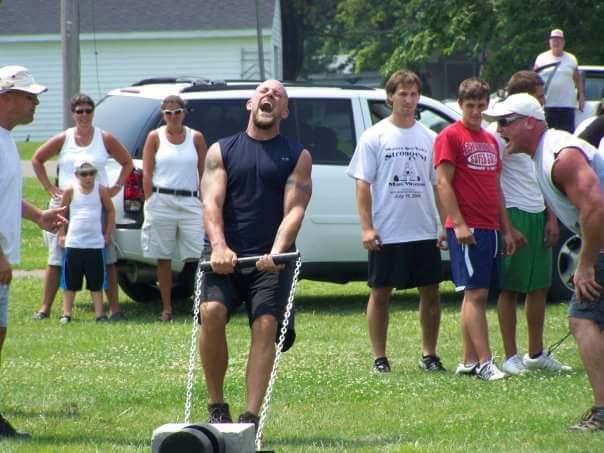I’ve been around this game since I can remember. The love affair with the iron started with my Jr. High wrestling coach, Tom Frost. In the mid 80’s strength training was not nearly as popular for athletes as it is now. So it was nearly visionary for my coach to take a bunch of scrawny 13 year olds and have us hit the weight room twice a week during the season. Tom was in his early 20’s then and a devotee to the weights himself. He would train with us and get us to push harder than we thought was possible on the basic exercises in our rudimentary facility.
Thus, my love affair began and was later consummated into a marriage the summer between high school and college. At 17 I began working in a gym, and I’ve been in one ever since. In that time I have had a ton of exposure to coaches in every sport at every level. The amount of success of these coaches has varied widely and the ability to produce has little impact on how long they stay in the game. I’ve seen great coaches get out early, and technically horrible ones make a lifelong living. As a coach I’ve been puzzled by this dichotomy.
You would assume being a true expert with a shelf of earned trophies, a good technical eye, and a number of successful athletes would be the prerequisites for coaching success. That is what I thought for years. I was wrong.
In the strength and conditioning business there is one quality you must have to be a success. It has nothing to do with knowledge, achievement rates, or actual technical skill.
What you must possess is charisma.
The ability to inspire, motivate, and focus an athlete is something that is not taught in any classroom. But the good news is that you can learn how to do this; and quite frankly you should. If you possess all the other abilities that make a good coach, but find your client list is threadbare, you owe it to the community to develop your skills and become more appealing to your audience.
This ever so important combination of skills has no single definition of what is necessary to have the sensational ability to lead people. Think back to the teachers that inspired you; the bosses you respected and followed, or the friend that could seemingly do no wrong. They were just normal people in our social circles. Often, they weren’t famous or super wealthy, but they had learned a set of skills, (often subconsciously), that made them effective in molding lives.
As you remember these people, recall that they shared certain set of characteristics , that when combined, produced a synergistic effect that inspired you. Your respect and dedication influenced you to follow them. By putting your efforts into improving these qualities in yourself, you can become more charismatic and reach a broader audience.
- Confidence: When you speak without fear and with authority in your voice, it instantly commands respect. This is easier to do when you are certain of your topic and understand it thoroughly. When you grasp the technical skill, disseminate it proudly by giving firm, clear instructions to your athletes. Remove the fear that is created by uncertainty.
- Positivity: Instead of focusing on what is wrong with their athletes, great coaches always explain a way to make it better. Always remain enthusiastic about your client’s future and put them in situations where they can excel. Celebrate the victories and never dwell on a poor performance. Find the good in there, and explore ways to broaden its reach.
- Listening: Open your mind and make people comfortable in talking with you. Truly listen to what they are saying, process it with empathy and give feedback that is useful. People often feel as though they are ignored in most situations. Your client is important to you and let them know that.
- Body Language: When you walk into the room, is it upright and with an open smile? Do your eyes say, “Welcome. Nice to see you”. The way you present yourself is often the most important factor of how your conversation is going to transpire with your audience. Positive emotional qualities displayed physically can instantly improve your client’s mood and their ability to be open to you.
- Excitement: Are you really happy to be doing what you are doing? Does it transfer itself into your words and through your tone of voice? The more enthusiastic you are, the more it rubs off on people. By communicating true passion you can’t help but build motivation and dedication!
People innately desire to find someone to help them reach their goals and believe in them. The prerequisite skills are useless without a way to communicate them. Bring your coaching to the next level by becoming the coach people want. Technology gives you a literally limitless audience, allowing you to work with athletes from across the globe. Become a true leader and share with all of us the secrets to becoming a stronger athlete.
Editors note: This article is an op-ed. The views expressed herein are the authors and don’t necessarily reflect the views of BarBend. Claims, assertions, opinions, and quotes have been sourced exclusively by the author.
Photos courtesy Michele Wozniak, Strongman Corporation

